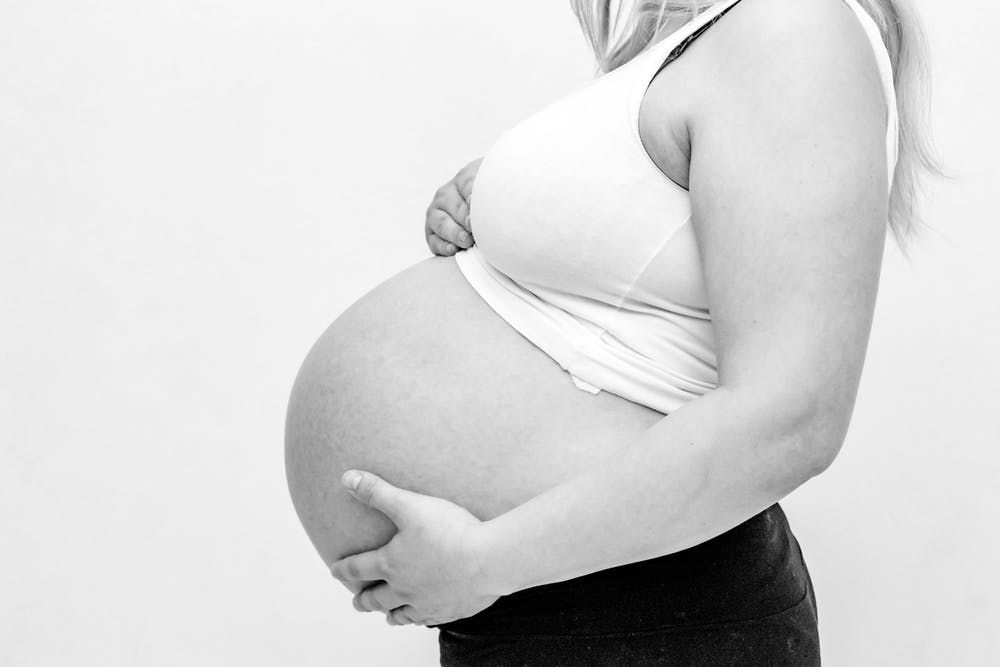Our Research
What We Do
We utilize a variety of epidemiological, neurophysiological, and molecular techniques to understand the pathophysiology of mental disorders and attempt to treat and prevent them. These findings are used to develop and optimize interventions to increase resilience against mental disorders in mothers, birthing parents, and their infants.

Online Public Health Nurse Delivered Group CBT for Postpartum Depression
To determine if public health nurse-delivered group CBT for PPD is superior to usual postnatal care in: a) acutely treating PPD b) reducing relapse and recurrence c) improving common complications and comorbidities of PPD (including maternal anxiety, mother-infant attachment, and infant temperament)

Online Public Health Nurse (PHN)-Peer Co-Led Group CBT for Postpartum Depression
To determine: a) if an online 9-week CBT group co-led by PHNs and peers added to treatment-as-usual (TAU) is effective at improving postpartum depression more than TAU alone b) the experiences and perspectives of PHNs, peer facilitators and CBT group participants on the co-delivery of the intervention

Impact of Treating Postpartum Depression on Infant Emotion Regulation
To determine if: i) group CBT added to treatment as usual (TAU) affects infant emotion regulation relative to TAU alone, and ii) changes in mother-infant interactions (synchrony patterns), and/or or mothers (e.g., parenting and regulatory behaviours, affective predictability, depression/anxiety) contribute to changes in infant emotion regulation.

Impact of Maternal Nutrition+Exercise Intervention on Infant Emotion Regulation
To determine if a maternal nutrition+exercise intervention leads to better cognition and emotion-regulation in offspring at multiple follow-up visits, when children are 12, 24, 36 and 48 months of age compared to those born to women receiving usual pregnancy care.

The Postpartum Mental Health of Women Who Have Experienced A Hypertensive Disorder of Pregnancy: A Pilot Study
The objectives of this study are to: a) Assess the postpartum mental health of women who havebeen diagnosed with a hypertensivedisorder of pregnancy, over their first postpartumyear b) Determine the feasibility of the recruitment and assessmentprocesses, in supporting a potentiallarge-scale study c) Examine the trajectories of psychiatric illnessesin women who have experienced a hypertensive disorder of pregnancy

1-Day CBT-Based Workshops for Preventing Postpartum Depression
The objectives of this study are to: 1) Develop a treatment manual for the 1-Day CBT-Based Prevention Workshops that is acceptable to women 2) Recruit 30 participants into a pilot workshop and seek their feedback on its content, delivery and assessment procedures 3) Conduct a full randomized controlled trial (n=408) examining the impact of these workshops on rates of PPD when added to treatment as usual (TAU) compared with TAU alone.

Online Peer Group CBT for PPD
To determine if: a) Online 1-Day CBT-Based Workshops for PPD added to care as usual during the COVID-19 pandemic can improve PPD more than usual care alone? b) The workshops are cost-effective? c) These workshops can reduce the impact of the common comorbidities and complications of PPD

Online PHN-Delivered 1-Day CBT-Based Workshops for PPD
To determine if: a) Online Peer-Delivered Group CBT for PPD delivered by trained lay peers added to care as usual during the COVID-19 pandemic can improve PPD more than usual care alone b) The intervention can reduce the impact of the common comorbidities and complications of PPD (anxiety, partner relationship discord, social support, infant temperament, parenting stress, and poorer mother-infant attachment).
Highlighted Publications

Online Peer Group CBT for PPD
To determine if: a) Online 1-Day CBT-Based Workshops for PPD added to care as usual during the COVID-19 pandemic can improve PPD more than usual care alone? b) The workshops are cost-effective? c) These workshops can reduce the impact of the common comorbidities and complications of PPD





